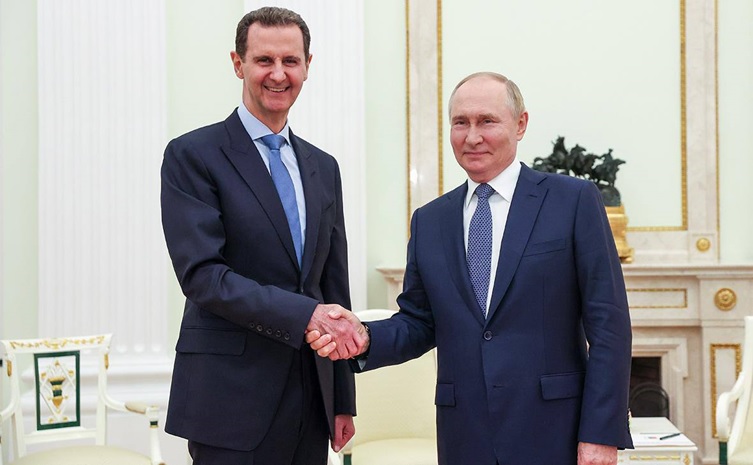Russia’s Bold Asylum Move
In a development that has drawn international attention, Russia has granted political asylum to former Syrian President Bashar al-Assad, the Kremlin announced today. This move is seen as a strategic decision, cementing Russia’s role as a dominant player in Middle Eastern politics.
Assad, who faced widespread condemnation during Syria’s civil war for alleged war crimes and human rights abuses, now finds refuge under Moscow’s protective wing. While the Russian government hailed the decision as an act of humanitarian responsibility, critics argue that it serves Moscow’s geopolitical ambitions rather than moral principles.
Kremlin spokesperson Dmitry Peskov justified the asylum, stating that Assad’s presence in Russia would ensure his safety and help stabilize the region. However, Western nations and human rights groups expressed outrage, accusing Russia of shielding a controversial leader accused of atrocities against his own people.
Analysts suggest that granting asylum to Assad could further polarize international relations, with the West likely to impose additional sanctions on Russia. Middle Eastern experts argue that this move is a calculated risk by President Vladimir Putin, aiming to solidify Russia’s influence while countering Western dominance.
Public reaction remains divided. While Assad’s allies applaud Russia’s support, Syrian opposition groups see this as a betrayal of justice. Many fear this decision might embolden other authoritarian leaders, undermining global accountability.
As the world reacts to this polarizing decision, one thing remains clear: Russia’s move has reshaped the geopolitical chessboard, leaving global powers grappling with its implications.





